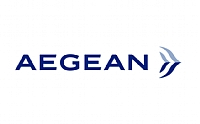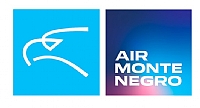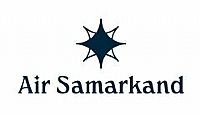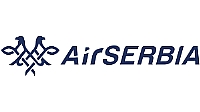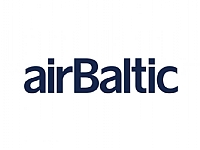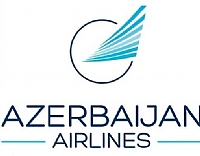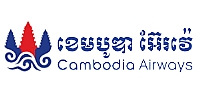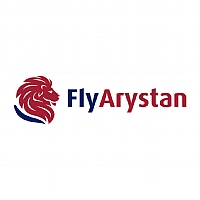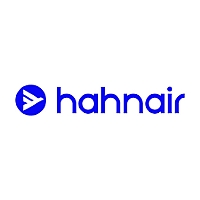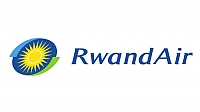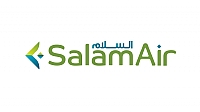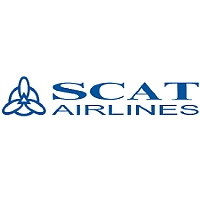PAL Unveils Safe Flying Measures

As Philippine Airlines gears up to resume regular commercial flights in June, the flag carrier has adopted comprehensive protective measures to ensure safe traveling for the 'New Normal’ age.
"Our travelers deserve to know that they can fly safely and with confidence," said PAL President and COO Gilbert F. Santa Maria. "PAL is taking every precaution to protect our passengers and our crew against bio-security risks, through safety measures, stronger practices and protocols, effective equipment and the specialized training and expertise of our crew members and all personnel. That's what we are about: Safety is in our DNA, the cornerstone of all PAL operations, and the heart of our commitment to service."
The beefed-up bio-security measures include:
SAFE AIRPLANE CABINS
The aircraft cabin environment is safer than most enclosed public spaces because of technology and expertise. All PAL aircraft are equipped with systems that continuously infuse fresh air across the cabin, replacing the cabin air every 2 to 3 minutes.
Additionally, air is pumped in through High Efficiency Particulate Arrestor (HEPA) filters that trap viruses, bacteria and other contaminants with 99.9% efficiency, the same technology employed in hospital operating rooms. The air also flows from top to bottom, not from front to back, thus inhibiting the possible spread of viruses.
PAL's Boeing, Airbus and De Havilland aircraft undergo rigorous cabin disinfection using high-grade eco-friendly cleaning agents. From windows to seatback video screens, tray tables and seats, every surface is wiped clean by trained personnel before every flight. Crew members continuously maintain the cleanliness of lavatories and cabin areas during every flight.
SAFE PRACTICES WHILE FLYING
All PAL crew members will be wearing full Personal Protective Equipment, including masks, face shields and specially designed PPE uniforms.
Passengers will likewise be required to keep their face masks/coverings on during the flight, and observe hand hygiene practices.
Passengers will be served meals and beverages in secure packaging, to minimize close contact. Inflight meals are prepared following strict Hazard Analysis Critical Control Point (HACCP) procedures. Reading material will no longer be distributed during the flight.
SAFETY AT THE AIRPORT AND EVERY STAGE OF THE CUSTOMER JOURNEY
PAL will enforce a no-mask-no-fly policy, in coordination with airport authorities, as every traveler will be required to bring his or her own face coverings.
Passengers will be encouraged to secure digital boarding passes by checking in online, and must ensure that carry-on bags are limited to just 7 kilos (15 lbs), with maximum length of 56 cm (22 inches), width of 36 cm (14 inches) and height of 23 cm (9 inches).
Passengers will be requested to arrive early at the airport, where they will walk through disinfection tents/floor mats, undergo thermal scans and observe social distancing procedures.
Check in counters and ticket offices will also equipped with transparent barriers, while airport personnel will wear face masks, shields and gloves to protect all passengers. Safety practices will also be observed for boarding and deplaning processes, as well as at business class lounges and airport shuttle buses.
SAFETY VIA PREVENTION AND PARTNERSHIP
PAL pilots and cabin crew will undergo medical evaluation before their flight assignments. All personnel are trained to the appropriate health protocols and handling of unwell passengers.
PAL will continue to collaborate with the health authorities in the Philippines and at every overseas station, to ensure full adherence to safety protocols and globally accepted standards set by the International Air Transport Association, the International Civil Aviation Organization, the E.U. Aviation Safety Agency, and the World Health Organization.
"As we uphold the health and safety of our passengers and staff to mitigate the risk of infection, we seek the cooperation of our flying public. This must be a concerted effort," emphasized PAL President Santa Maria.
PAL joins the other members of the Air Carriers Association of the Philippines (ACAP) in a shared commitment to provide the highest levels of safety in air travel, and in the appeal for government support to enable Filipino airlines to operate sustainably, given the catastrophic impact of the global pandemic on the aviation industry.




















